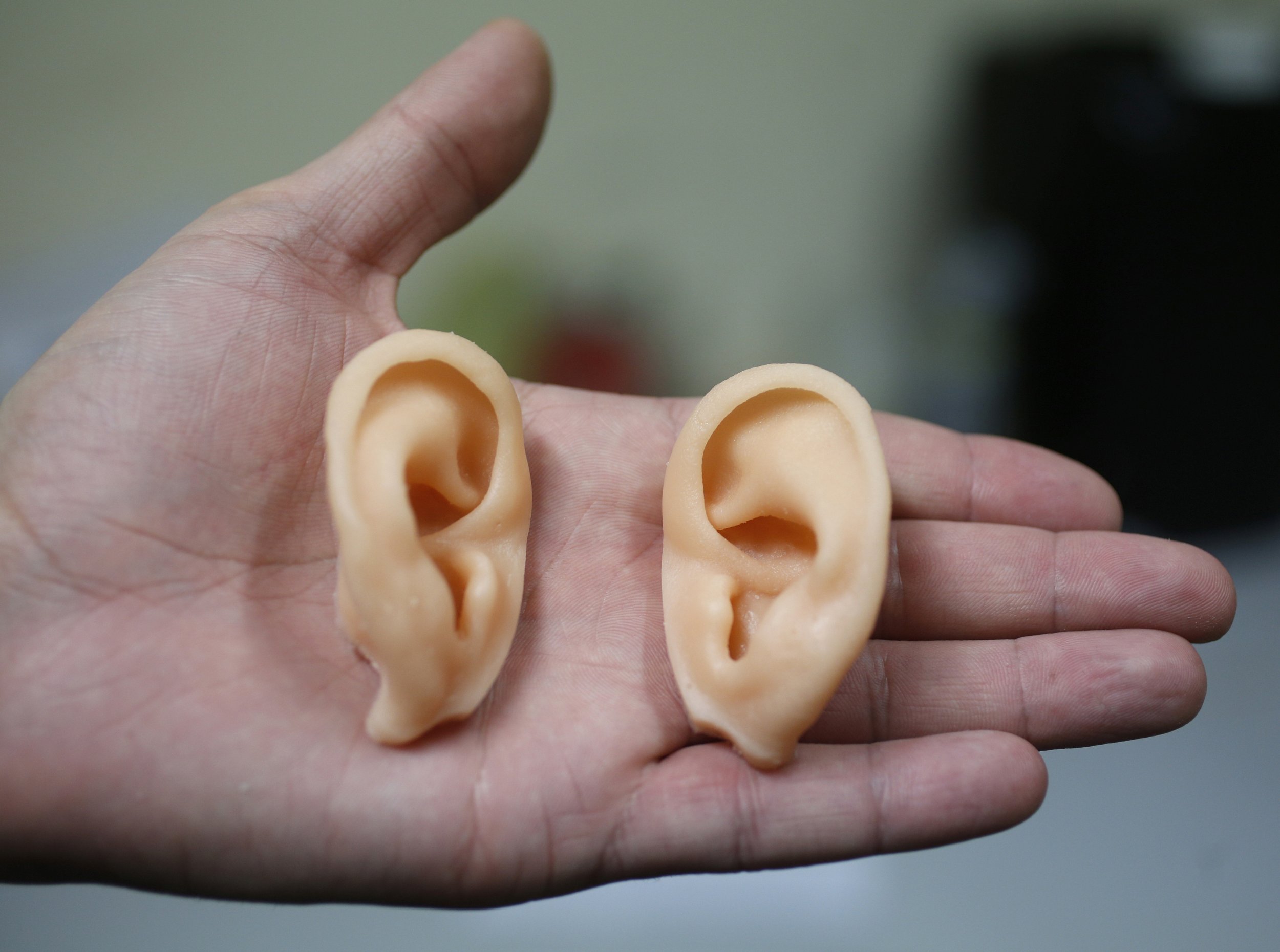
Tinnitus, or ringing in the ears, affects one-third of adults over the age of 65, and as people live longer, it's becoming a growing problem worldwide.
Luckily, most people are able to handle tinnitus relatively well, getting used to the noise such that it doesn't interfere with their ability to function, says Fatima Husain, a researcher at the University of Illinois.
Wanting to understand more about why some people seem to habituate well to the condition and why some don't, Husain's team conducted a series of tests, recruiting participants to undergo MRI brain scans while listening to pleasant and unpleasant sounds. In a study published in June 2014, the group compares the brains of people with tinnitus and without it. Surprisingly, the researchers found that in response to various sounds, the people with tinnitus had suppressed activity in their amygdala, a part of the brain involved in fight-or-flight responses. They had, in fact, predicted the amygdala would be overactive, since heightened activity in this brain region is tied to increased reactivity and stronger stress responses, traits thought to have a role in tinnitus.
To further understand this odd finding, the team recruited another group of participants, this time all tinnitus sufferers, and divided them into two categories: those who had habituated well to the condition and were not too bothered by it, and those who were extremely irritated and affected.
The group performed a similar experiment, playing a series of sounds for the participants in the lab and watching how their brains reacted. This time, the team found that those who weren't particularly bothered by tinnitus had increased activity in their prefrontal cortex, the part of the brain involved in rational decision-making and impulse control, Husain says. These people also had reduced activity in the amygdala, as previously seen. The group of participants bothered by tinnitus, however, had heightened activation in the amygdala.
The results suggest that those who are able to deal well with tinnitus have more control over their emotional responses, driven in part by the amygdala, and this is actually reflected in the connectivity of their brains, she says. The researchers think that the increased activity in the prefrontal cortex suggests it is activity inhibiting the amygdala.
The study, published this week in the journal PLOS ONE, also found that those who were less bothered by the ringing reported being more physically active. This makes sense, as exercise has been tied to improved prefrontal-cortex function.
"Although exercise will likely not 'cure' or eliminate one's perception of tinnitus, it would be very useful if increased physical activity stimulates beneficial brain circuits that effectively reduce the emotional response to and awareness of a continuous perception of sound," says Carol Bauer, director of the Tinnitus Research Lab at the Southern Illinois University School of Medicine, who wasn't involved in the study.
There is currently no cure for tinnitus. However, cognitive behavioral therapy can be quite effective at treating the condition, helping people to remove the emotional significance they give the sound and re-training them to ignore the ringing sounds or think of them as neutral (or even pleasant), Husain says.
Uncommon Knowledge
Newsweek is committed to challenging conventional wisdom and finding connections in the search for common ground.
Newsweek is committed to challenging conventional wisdom and finding connections in the search for common ground.
About the writer
Douglas Main is a journalist who lives in New York City and whose writing has appeared in the New York ... Read more
To read how Newsweek uses AI as a newsroom tool, Click here.








